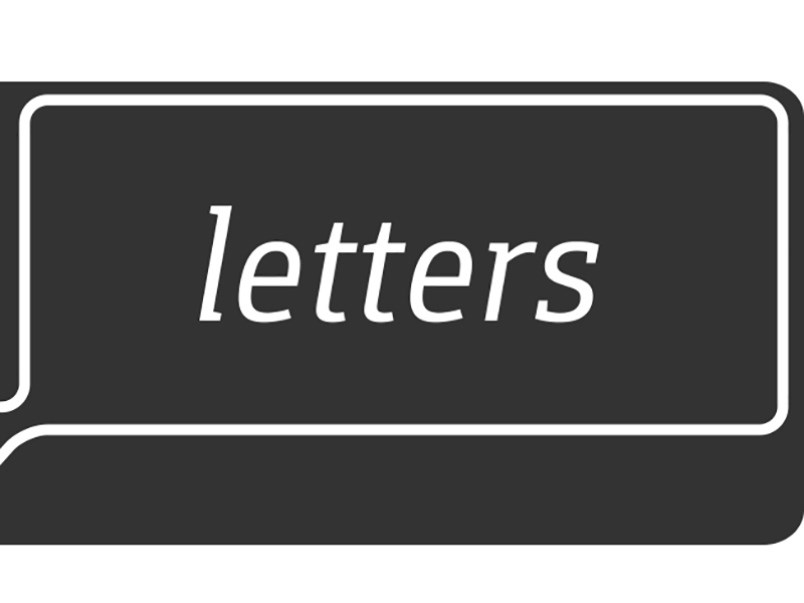The 2021-2025 Financial Plan Assumption Report was presented at the City of Powell River finance committee meeting of August 27, announcing the start of 2021 budget deliberations.
Also presented at the same meeting, for third reading and final adoption, was the 2021 Sewer Rate Bylaws Report [“Sewer system bylaws introduced,” September 9]. The bylaw amendment proposes a rate increase of 7.5 per cent in 2021 and 2022 with a five per cent increase in 2023 and 2024 for sewer user, collection and treatment fees. You may recall that the sewer utilities were one of three sacrificial lambs held to zero per cent increase for the 2020 budget; the other two were water utilities and garbage, as part of the initiatives to reduce residential property tax from 11.5 to 4.7 per cent.
The significance and concern of these events are subtle and disturbing. The current council uses, almost exclusively, the average residential per cent property tax increase to gauge the maximum amount of tax increase acceptable to homeowners. To that end, the two methods used in 2020 to reduce the amount of increase were: redistribution of the tax burden - lower assessments pay less and higher assessments pay more, thus the average is lowered (some politicians may refer to this as eliminating the flat tax but not $1 of tax revenue is eliminated, it is redistributed); and, reduce/eliminate department increases in the 2020 budget for water, sewer and garbage, which we now see is followed by increases implemented outside the formal budget process. It is likely that a similar tax increase will be proposed for garbage services following the survey to be completed by the end of September.
The budget process is becoming complex, as unique ways are introduced to support increased spending and yet achieve an overall tax increase which is perceived to be acceptable.
The financial headwinds have never been stronger, LWTP project and closure of the major industry (17 percent of the tax revenue).
It cannot be business as usual; the 2021 budget guidelines should adopt zero increases for all discretionary departments and three per cent for essential services.
Paul McMahon, Invermere Court
Powell River



